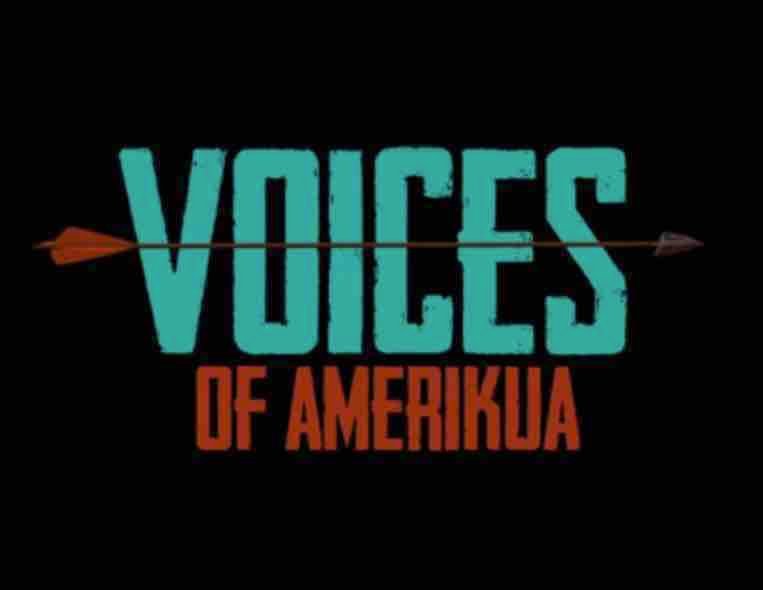*** Data released today states 2019 as the year with the highest number on record of environmental defenders killed. ***
WEDNESDAY, 29th JULY 2020 — Indigenous leaders worldwide denounced today the findings of a report showing the highest number of environmental defenders killed on record in a single year. Global Witness revealed earlier today that 212 people were killed in 2019 for defending their homes against mining and other environmentally destructive projects..
The report reveals that indigenous communities are disproportionately attacked and over two-thirds of the killings occurred in Latin America, the worst affected continent. At a time when the forests and forest peoples of the Amazon are under siege from a powerful wave of legal and illegal actors, the report found that 33 deaths of defenders occurred in the Amazon region alone — almost 90% of them in Brazil.
“The reversal of history is way too cruel for us, indigenous peoples. We’ve been surviving in small spaces within our villages,” said Kerexu, woman leader of the Mbya Guarani people in Brazil. “Our villages are not safe, but if we leave our territory, we die. If we remain, we are in a constant struggle to survive the invasions that come from everywhere. (Our) leaders act as a protective barrier to guarantee our rights to occupy our territories. We have no guarantee. We are exposed, giving our lives as a sacrifice in order to safeguard our people.”
According to the Global Witness, 2019 has been a tough year for environmental defenders in Mesoamerica, in particular. The isthmus that stretches between Mexico and Panama recorded 34 deaths in 2018; in 2019, the same region reported 50 deaths.
“This represents a scandalous and unacceptable increase in violence,” said Gustavo Sánchez, president of the Mexican Network of Peasant and Forest Organizations of the Mesoamerican Alliance of Peoples and Forests (AMPB). “In addition to the countries in the region that reported murders in 2018 (Mexico, Guatemala and Honduras), 2019 saw Nicaragua and Costa Rica added to the list. This means violence and impunity are increasing. It is important to note as well that five of the 21 countries reporting murders worldwide are in Mesoamerica.”
“Regarding this situation,” Sánchez added,“Whether we do so as individual voters or as members of organizations, it is essential that we demand from our governments public policies that recognize the importance of environmental defenders in the fight against climate change and for the conservation of our biodiversity. Many of them are indigenous peoples or they come from local communities and we must bring an end to impunity for assaults and murders, and ensure that effective preventive measures are implemented”.
According to Global Witness, mining is the deadliest sector, with over half of the 50 mining-related killings coming from affected communities in Latin America. The report cited logging as the sector with the highest increase since 2018.
“There are more than 105 different Indigenous Peoples in Brazil and our relatives are dying,” said Watatakalu Yawalapiti, a woman leader of the Yawalapiti people, in the Xingu Indigenous Park of Brazil. “Each of our peoples are trying to get support in any way we can, but I see many non-indigenous people disparage us and take advantage of our struggle. We must stay strong. There are many invasions taking place on the borders of our territories, and the deforestation does not end.”
Although violence continues to rise, some indigenous communities found victories in 2019. The report highlights a landmark ruling to prevent the government from auctioning Waorani territory for oil and gas exploration in Ecuador. Also, Global Witness points out that the Dayak Iban indigenous community of central Borneo in Indonesia secured legal ownership of 10,000 hectares of land, following a decades-long struggle.
The Global Witness report on the murders of environmental defenders is released against the backdrop of a growing body of evidence revealing that Indigenous Peoples and local communities protect 80 percent of terrestrial biodiversity globally and outperform all other forest managers in preventing deforestation.
In a recent opinion article in El Pais, Tuntiak Katan, general coordinator of the Global Alliance pointed out that the fate of Indigenous Peoples and local communities may well impact not just the environment, but also human health. “As more evidence arises concerning a link between the emergence of new pathogens and biodiversity loss and deforestation, the world might want to think about our survival as being protective, not just for the planet, but for all humanity. The pandemic, a symptom of a world out of sync with nature, has captured attention globally. We hope that the world is now prepared to hear what we have to say.”
ABOUT THE GLOBAL ALLIANCE
The Global Alliance of Territorial Communities represents indigenous peoples and local communities of the Amazon Basin, Brazil, Indonesia, Central America and Mexico, grouped in four territorial organizations: the Alliance of Indigenous Peoples of the Archipelago (AMAN), the Mesoamerican Alliance of Peoples and Forests (AMPB), the Articulation of Indigenous Peoples of Brazil (APIB) and the Coordinator of the Indigenous Organizations of the Amazon Basin (COICA).
More about the alliance here: https://alianzaglobal.me/


